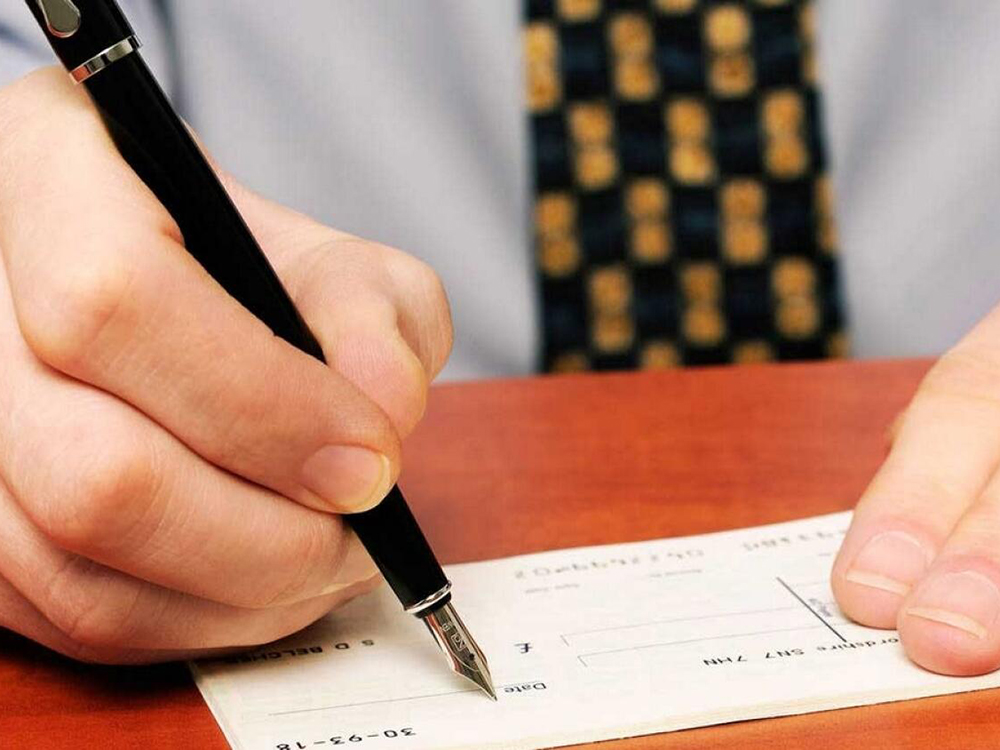
Filing a cheque bounce complaint in Indore
Filing a Cheque Bounce Complaint in Indore: A Detailed Guide
Getting a cheque bounced can be frustrating and financially damaging. In Indore, as elsewhere in India, you have legal recourse through the Negotiable Instruments Act (NI Act) 1881, specifically Section 138. Here’s a detailed guide on filing a cheque bounce complaint:
1. Gather Evidence:
- Original Bounced Cheque: This is the most crucial document. Ensure the bank’s endorsement (“Funds insufficient” or similar) is clearly visible.
- Bank Memo: Obtain a bank memo from the presenting bank confirming the cheque was dishonored due to insufficient funds.
- Proof of Transaction: Copies of invoices, agreements, or receipts related to the transaction that led to the cheque being issued.
- Demand Notice: Send a formal demand notice to the drawer (person who issued the cheque) through registered post or courier. This notice should clearly state the cheque details, amount, reason for dishonor, and demand for payment within 15 days from receipt. Keep a copy of the notice and acknowledgment receipt.
2. Filing the Complaint:
- Jurisdiction: File the complaint at the Judicial Magistrate’s Court within whose jurisdiction the bank branch where the cheque was presented falls.
- Advocate: While not mandatory, seeking legal assistance from an experienced lawyer specializing in negotiable instruments is highly recommended. They can guide you through the process, prepare the complaint, and represent you in court.
- Complaint Form: Download the prescribed complaint form for Section 138 NI Act cases from the Madhya Pradesh High Court website or obtain it from the court clerk.
- Fee: Pay the requisite court fee as per the prescribed schedule.
3. Complaint Drafting:
- The complaint should be concise and clearly state the following:
- Your name and address as the complainant (payee).
- Name and address of the drawer (accused).
- Details of the transaction and the issued cheque (amount, date, etc.).
- Reason for dishonor as per the bank memo.
- Copy of the demand notice and acknowledgment receipt.
- Prayer for the court to summon the accused, order payment of the cheque amount with interest, and impose penalty as per Section 138 NI Act (up to twice the cheque amount or imprisonment for two years, or both).
4. Submitting the Complaint:
- Submit the duly filled complaint form, along with all supporting documents and fee payment receipt, to the court clerk.
- Obtain a case number and acknowledgment receipt for future reference.
5. Court Proceedings:
- The court will issue a summons to the accused.
- Attend all court hearings and present your evidence.
- If the accused does not appear or fails to make payment within the stipulated time, the court may proceed ex parte (in your absence) and pass a judgment in your favor.
- The judgment may order the accused to pay the cheque amount with interest and penalty.
Additional Tips:
- Act promptly: File the complaint within 30 days of receiving the bank memo to avoid limitation period issues.
- Consider mediation: Explore amicable settlement options through mediation before proceeding with legal action.
- Maintain records: Keep copies of all documents and receipts related to the case for future reference.
Remember, this is just a general guide, and specific procedures may vary. Consulting a lawyer specializing in cheque bounce cases in Indore is highly recommended for personalized advice and assistance throughout the process.
I hope this information helps you navigate the process of filing a cheque bounce complaint in Indore.
Adcocate J.S. Rohilla (Civil & Criminal Lawyer in Indore)
Contact: 88271 22304
